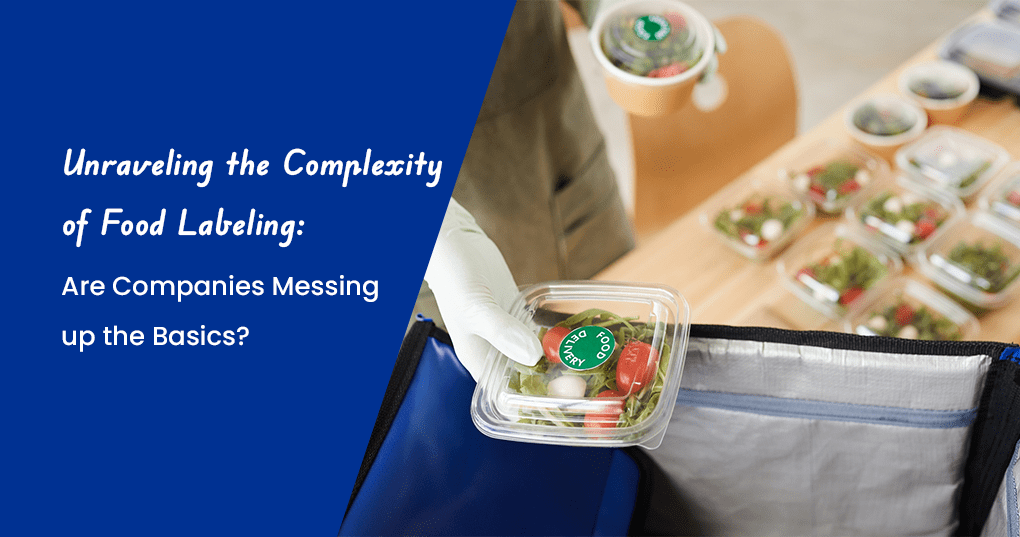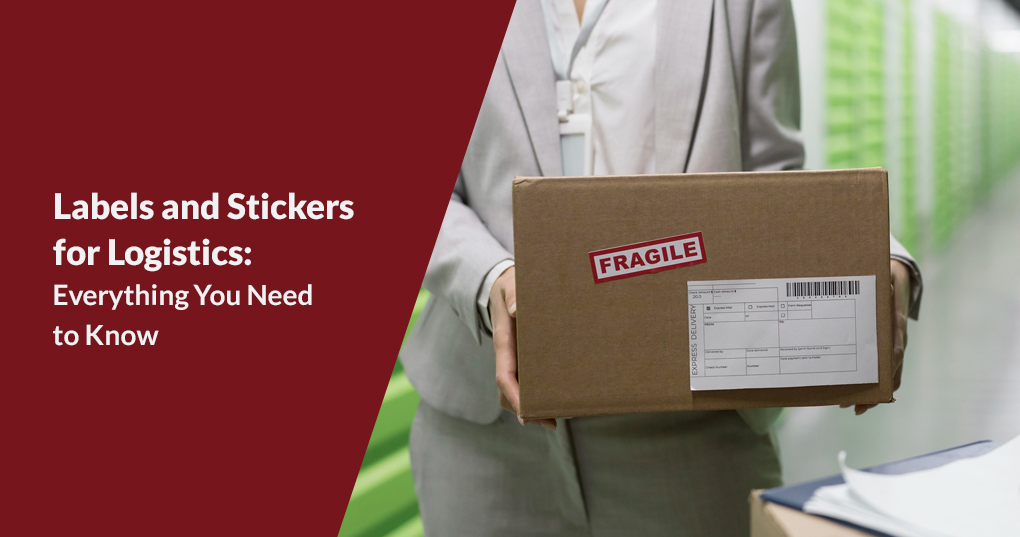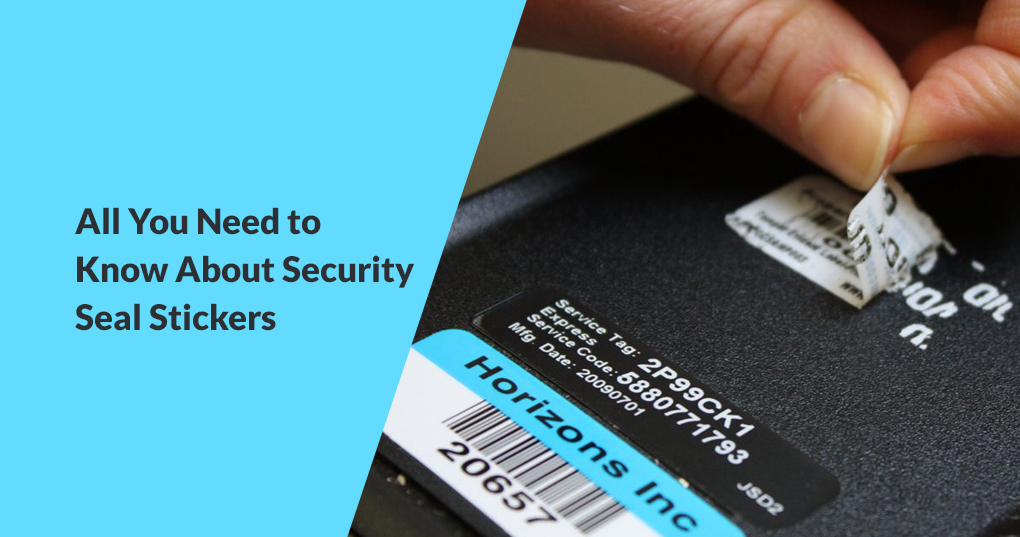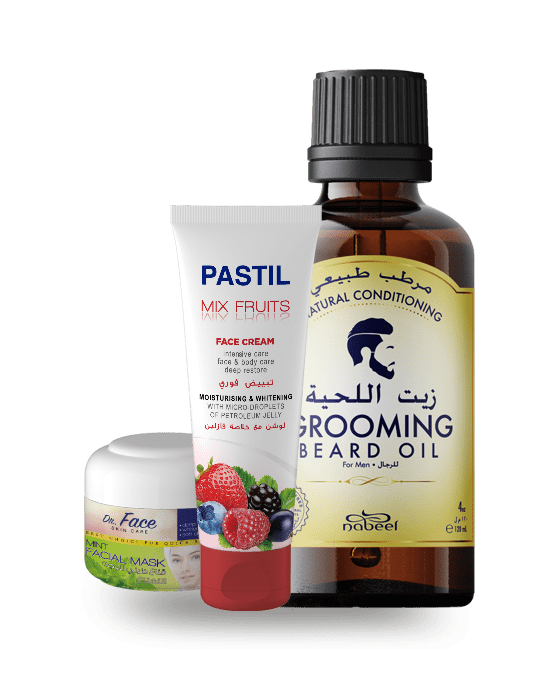
Food labelling is an important component of the food industry because it gives customers vital information about the goods they buy and eat. Labels play a key role in maintaining consumer safety and fostering openness, from nutritional information to allergy warnings. Are food packaging labels companies unintentionally making the most simple aspect of food labelling more complicated in a market where competition is severe, and customer needs are always changing? In this article, we’ll examine the difficulties businesses encounter when producing understandable and efficient food labels and talk about how custom food label manufacturers may assist in streamlining this crucial facet of the business.
1.The Evolution of Food Labeling
Over time, food labelling has changed dramatically in response to shifting customer tastes, increased nutritional understanding, and legal obligations. As a result, food labels now carry a plethora of information that can occasionally be overwhelming for consumers. The difficulty is in conveying this knowledge clearly and succinctly without sacrificing its accuracy and applicability.
Food labels have always been rather straightforward, frequently simply including the most essential details like the product name, ingredients, and expiration date. Product labels have changed to contain specific nutritional information, allergy warnings, and statements about the health advantages of the product as customers have grown more health aware and requested more information about what they were eating.
Food labels now provide a wealth of data, including measurements of calories, fat content, carbs, dietary fibre, vitamins, and other nutrients. Although customers might benefit from this abundance of information, it can also be intimidating and difficult to manage. Consumers may become confused and even discouraged from buying products if labels are excessively busy or challenging to read. The purpose of food labelling is to equip customers with the knowledge they need to make educated decisions, but when the facts are obscured by a sea of text and symbols, it can have the opposite effect.
2. The Complexity of Compliance
Regulation compliance is crucial for the food sector. To guarantee that their labels fulfil safety requirements and appropriately depict the product’s contents, businesses must go by a variety of laws and regulations established by regulatory bodies. However, negotiating these rules may be difficult and time-consuming, which is why some businesses choose pre-designed or generic label designs that might not adequately address their own product qualities.
Globally active businesses need to make sure their labels adhere to the specifications of every market they service because each nation and area has its own set of labelling laws. Because of this intricacy, labelling procedures may become inconsistent, and customers may find it challenging to comprehend the information provided on various product versions.
Companies must commit resources and knowledge to accurately interpret and apply these requirements if they want to stay in compliance. Failure to adhere to labelling regulations may result in legal repercussions and reputational harm for the company.
3. Meeting Diverse Consumer Demands
More diversified and discriminating than ever before are today’s customers. They are worried about a number of things, including sustainability, dietary choices, allergies, and nutritional value. It can be difficult to balance these expectations on food labels with preserving their clarity.
For instance, customers who have food allergies rely on label information on allergens substantially to make smart decisions. The visibility and clarity of this information must be ensured by the companies.
Additionally, with the popularity of specialized diets (including gluten-free, vegan, and keto) and lifestyle choices, food packaging label manufacturers must provide customized solutions to meet different customer requirements. It might be difficult to create personalized labels for every product version, especially for larger businesses with several product lines.
For instance, in order to accurately disclose the components and nutritional value of a range of flavored yoghurt products, a manufacturer may need to develop distinct labels for each flavor.
4. The Role of Custom Food Label Makers
Custom food label makers have emerged as a valuable solution to streamline the complexities of food labelling. These specialized services offer companies the ability to create tailored labels that meet regulatory requirements, cater to consumer demands, and showcase their brand identity effectively.
By using custom food label makers, companies can:
Simplify Information Presentation: Custom label makers allow companies to design labels with a clear and intuitive layout, ensuring that essential information is easily accessible to consumers. They enable companies to strike a balance between providing relevant details and maintaining visual appeal.
Ensure Regulatory Compliance: Custom food label makers are well-versed in food labelling regulations and can guide companies to create labels that meet all legal requirements. By having experts handle compliance, companies can focus on other aspects of their business.
Tailor Labels for Various Product Variants: With the ability to create customized labels for different product variants, companies can better address the diverse needs of their target audience. This level of personalization enhances consumer trust and loyalty.
Enhance Brand Identity: Custom labels offer companies the opportunity to incorporate their unique brand elements, such as logos, colours, and designs, which can strengthen brand recognition and recall.
As labelling laws change over time, custom food label makers make sure that businesses remain compliant by keeping up with the most recent regulatory developments.
Conclusion
The food sector relies heavily on food labelling to satisfy regulatory standards, ensure customer safety, and promote openness. This seemingly simple part of food packaging, however, may be a challenging effort for businesses due to the complexity of information, varied customer preferences, and regulatory issues.
By streamlining information display, maintaining legal compliance, and creating customized labels for different product versions, a custom food label maker provides a helpful option. The future of food labelling rests in embracing innovation and personalization to satisfy the always-changing demands of customers and the industry at large as consumer tastes and technology continue to influence the food sector. Companies can confidently negotiate the complexity of food labelling by utilizing the experience of custom food label manufacturers, ensuring that customers receive accurate and easily accessible information on the items they choose to eat.

Labels and stickers are the most profound part of the logistics industry, as they have a huge impact on supply chain management.

Security stickers and labels come in different versions. It is used to seal a product to maintain its safety and authenticity. Th

The pharmaceuticals industry is rеsponsiblе for thе hеalth of millions of pеoplе. It plays a pivotal role in thе corrеct curе and thе wеll bеing of thе us�

Holograms require specialized technology and equipment to unlock. Counterfeiters tend to avoid products that are secured with hologram labels. They are technical and ha
